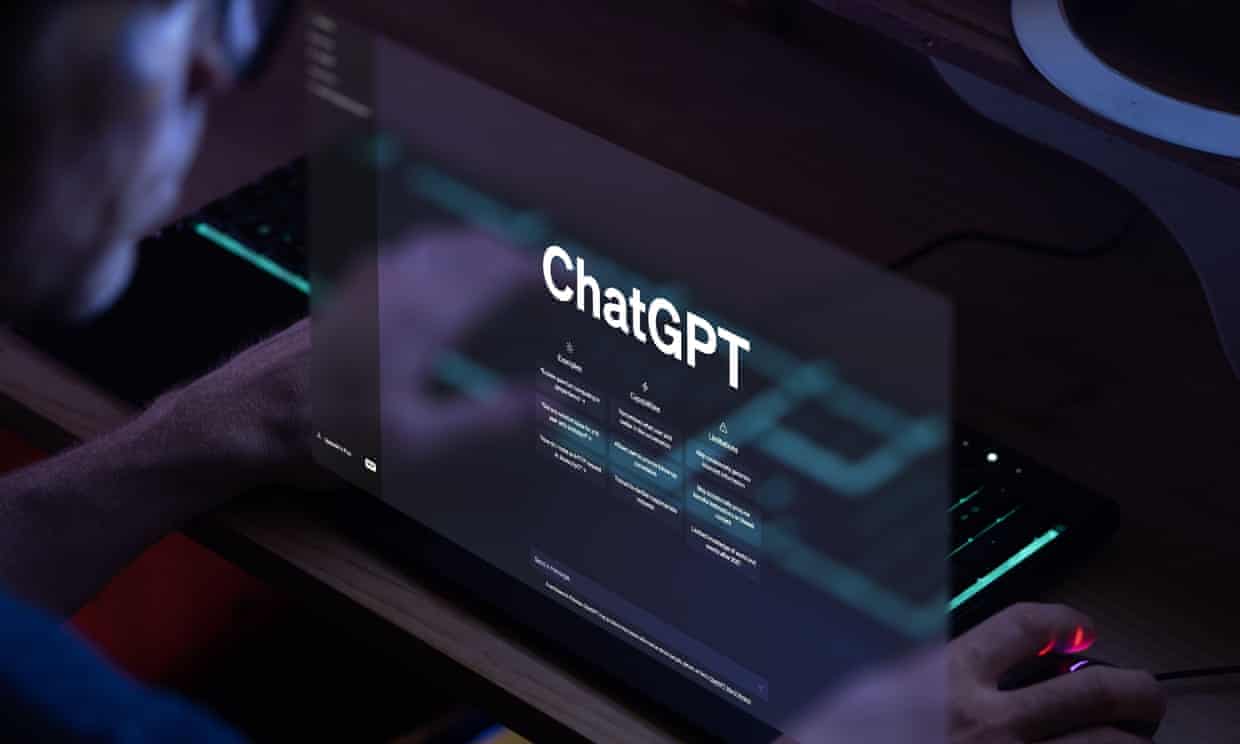A significant shift is occurring in UK universities as artificial intelligence (AI) tools, such as ChatGPT, become increasingly prevalent in academic misconduct cases. A recent investigation reveals that traditional forms of plagiarism are on the decline, while AI-related cheating is on the rise.
The Growing Challenge of AI in Academia
Research conducted by the Guardian found nearly 7,000 confirmed cases of AI-assisted cheating in the academic year 2023-24. This represents an increase to 5.1 cases for every 1,000 students, up from 1.6 cases per 1,000 students in the previous year. Projections indicate that this number could rise to approximately 7.5 cases per 1,000 students this year.
This growing trend highlights the challenge universities face in adapting assessment methods to the rapid advancements in AI technology. Before the proliferation of generative AI, plagiarism constituted the majority of academic misconduct. However, as AI tools have become more accessible and sophisticated, the nature of cheating has evolved.
Decline in Traditional Plagiarism
The survey reported a decrease in traditional plagiarism cases, falling from 19 per 1,000 students in 2019-20 to 15.2 in 2023-24. This trend is expected to continue, with early data suggesting a further decline to around 8.5 per 1,000 students this academic year.
Lack of AI Detection Mechanisms
Despite the rise in AI-related misconduct, more than 27% of universities surveyed did not yet categorize AI misuse separately in their records for 2023-24. This indicates that the higher education sector is still grappling with the implications of AI technology in academic settings.
The Higher Education Policy Institute’s survey revealed that 88% of students admitted to using AI for assessments. Meanwhile, researchers at the University of Reading were able to submit AI-generated work undetected 94% of the time, underscoring the challenges in detecting AI misuse.
Expert Opinions on AI and Academic Integrity
Dr. Peter Scarfe, an associate professor of psychology at the University of Reading, emphasized that AI detection poses a different challenge compared to traditional plagiarism. “AI detection is very unlike plagiarism, where you can confirm the copied text. In AI-related cases, it’s nearly impossible to prove,” he stated.
Dr. Thomas Lancaster, an academic integrity researcher at Imperial College London, noted the complexity of proving AI misuse. He expressed hope that students are still learning through the process of using AI tools.
Student Perspectives on AI Usage
Harvey, a business management student, acknowledged using AI for generating ideas and structuring assignments. He emphasized that most students he knows use AI tools to brainstorm and create ideas rather than copying content word for word.
Amelia, a music business student, highlighted the benefits of AI tools for students with learning difficulties. She shared that her friend with dyslexia uses AI to organize her points rather than write essays for her.
The Role of Technology Companies and Government
Technology companies are targeting students as a primary demographic for AI tools. Google offers free upgrades to its Gemini tool for university students, while OpenAI provides discounts to college students in the US and Canada.
The UK government is investing over £187 million in national skills programs and has issued guidance on AI use in education. A government spokesperson noted that integrating AI into education presents exciting opportunities but requires careful consideration to prepare students for future careers.
The Future of Assessment in Academia
Dr. Lancaster emphasized the importance of focusing on skills that AI cannot easily replace, such as communication and people skills. He advocated for engaging students more actively in the assessment design process to help them understand the value of certain tasks.
Note: This article is inspired by content from https://www.theguardian.com/education/2025/jun/15/thousands-of-uk-university-students-caught-cheating-using-ai-artificial-intelligence-survey . It has been rephrased for originality. Images are credited to the original source.

